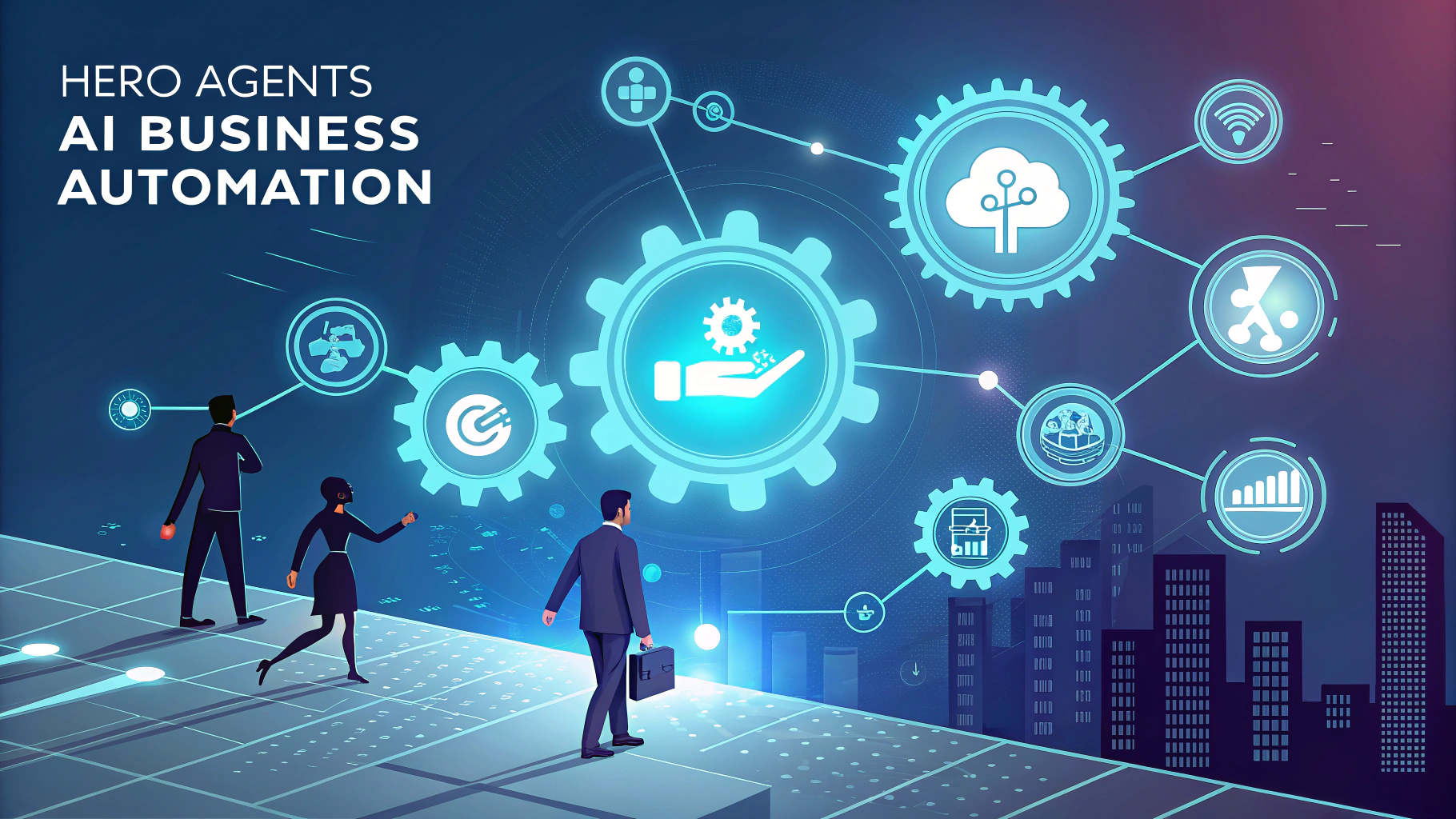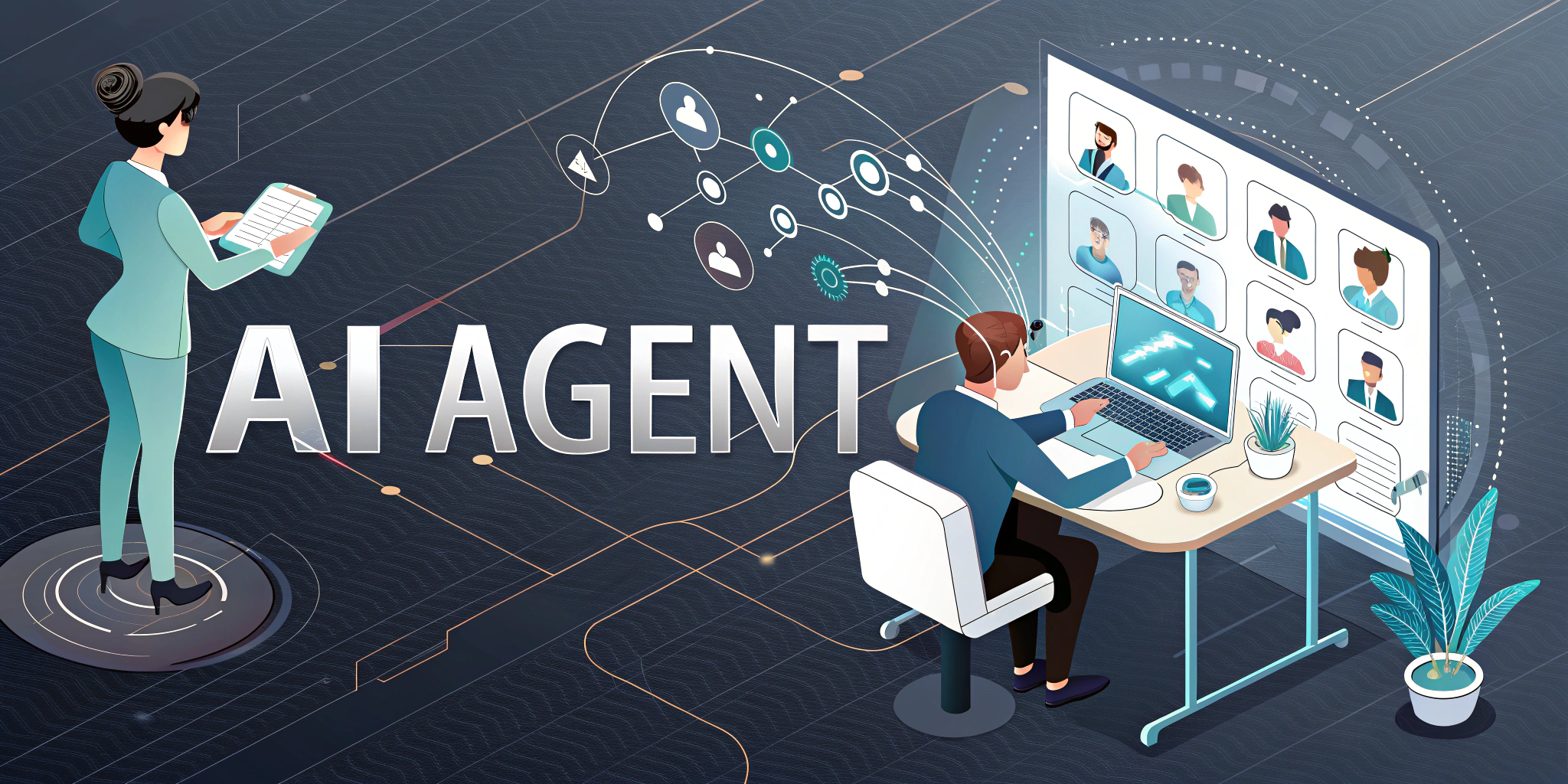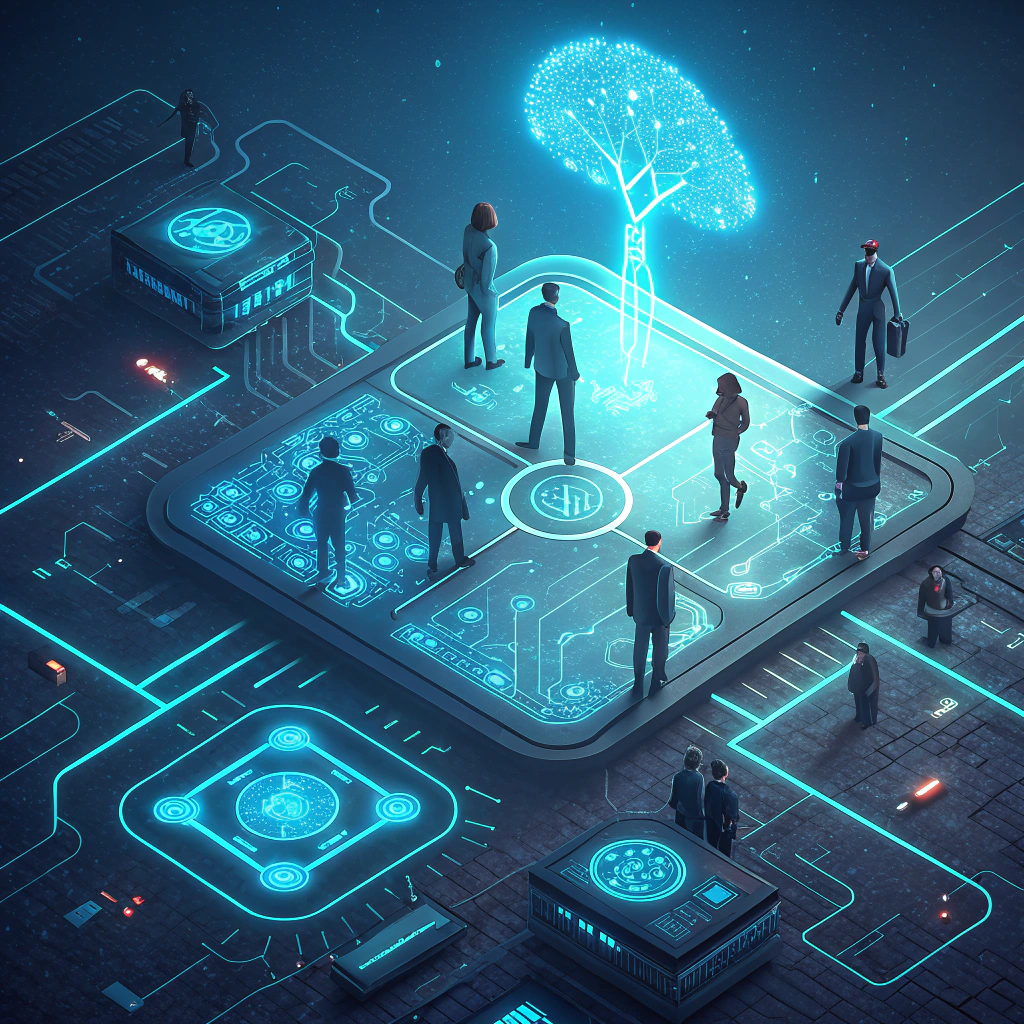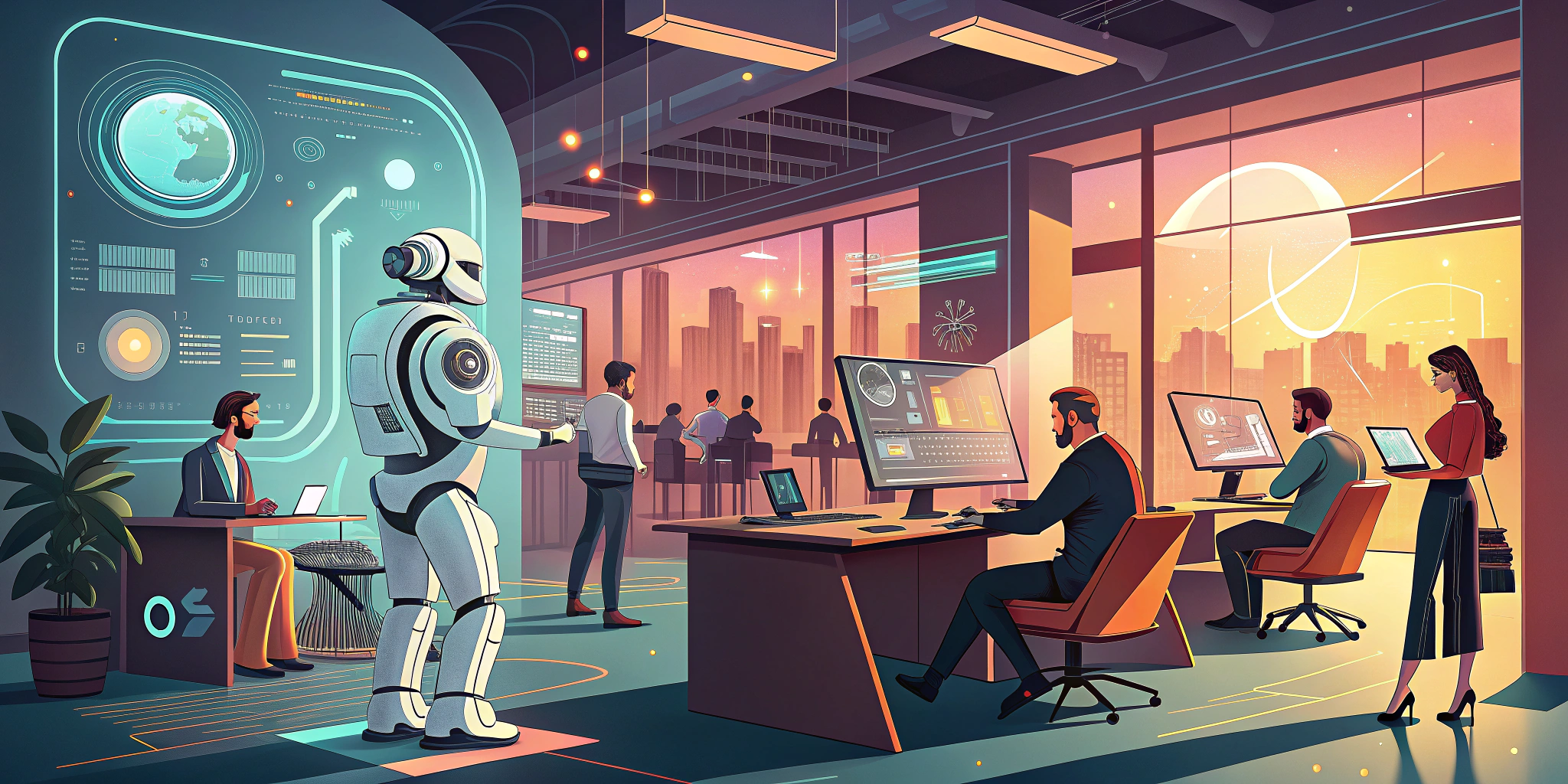AI Agents: Transforming the Future of Automation
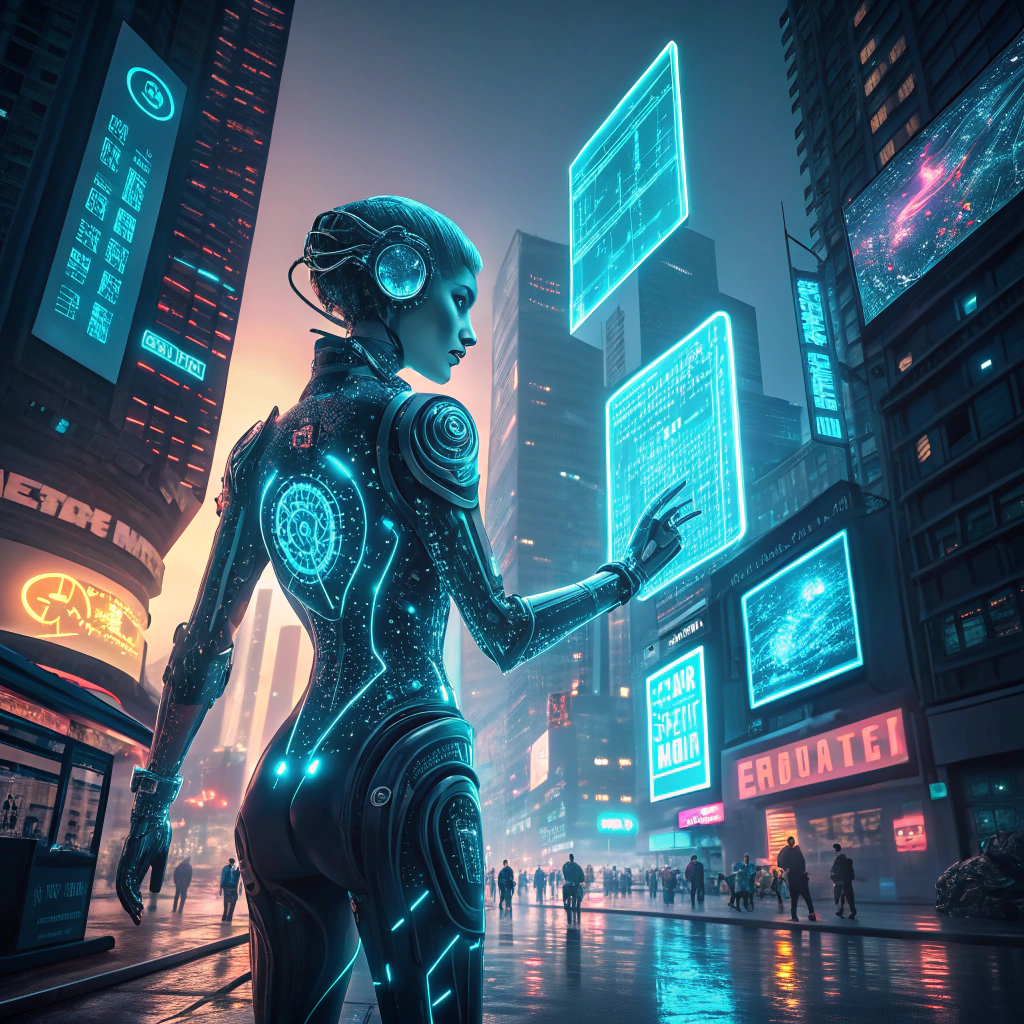
AI Agents: Transforming the Future of Automation
AI Agents: Transforming the Future of Automation

Understanding Agent AI
Agent AI refers to systems that can perceive their environment through sensors and act upon that environment using actuators. These agents operate autonomously or semi-autonomously to achieve specific goals. The concept is rooted in artificial intelligence, where an agent is designed to mimic human decision-making processes, learning, adapting, and improving over time.
Types of AI Agents
- Reactive Agents: Operate on predefined rules and react to changes without memory.
- Deliberative Agents: Maintain an internal model of the world to plan and reason.
- Hybrid Agents: Combine reactive speed with deliberative planning.
- Learning Agents: Use machine-learning algorithms to improve continuously.
Applications of Agent AI
The modern agent paradigm is transforming industries:
Healthcare
Autonomous agents assist in diagnostics, patient monitoring, and personalized treatments.
Finance
Agents power algorithmic trading, risk assessment, and fraud detection, delivering rapid, data-driven insights.
Retail
Intelligent agents analyze consumer behavior, manage inventory, and personalize marketing at scale.
Transportation
Self-driving cars and drones are classic examples of an agent navigating complex environments safely.
Manufacturing
Factory-floor agents optimize production lines, predict maintenance, and elevate quality control.
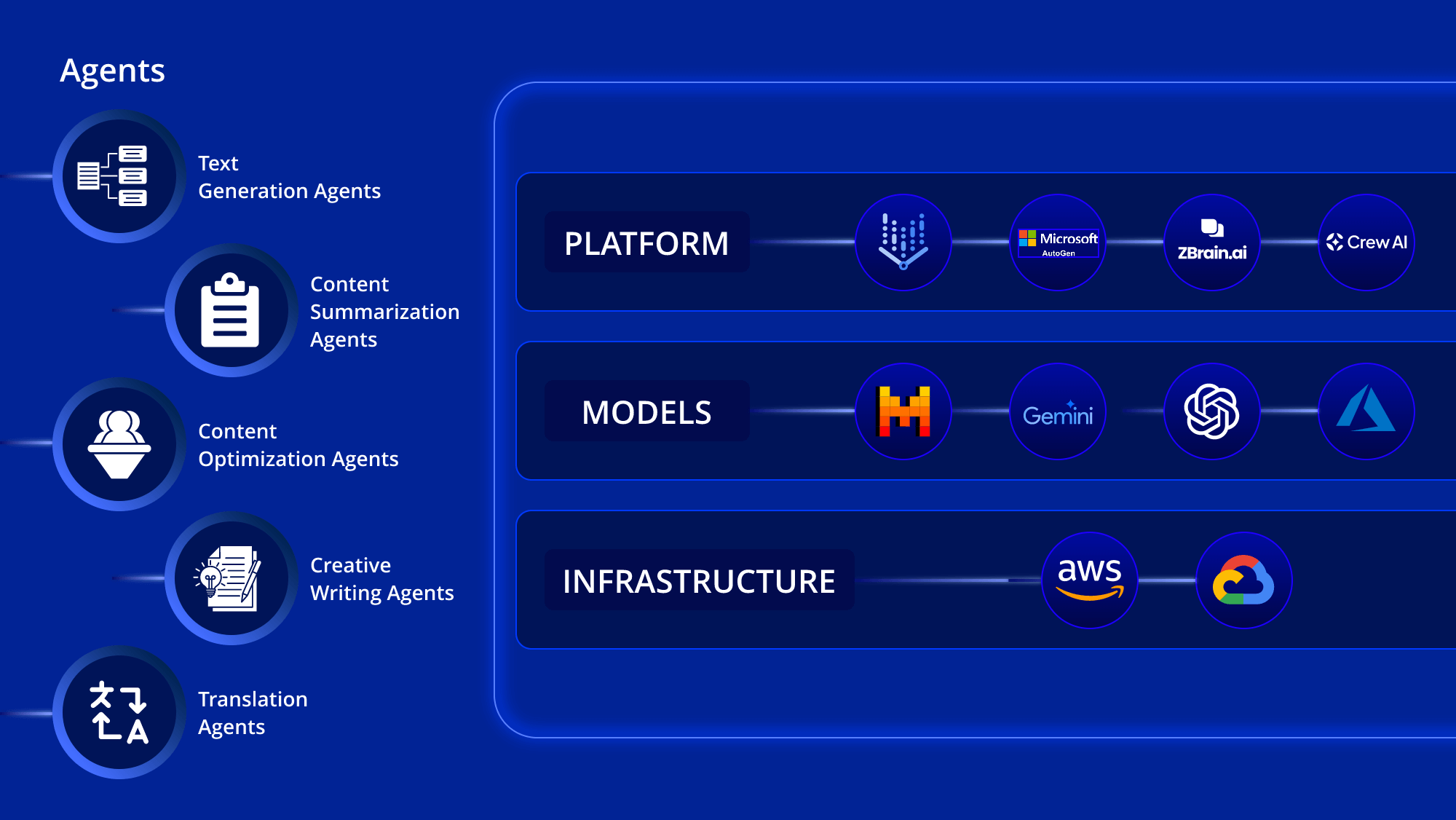
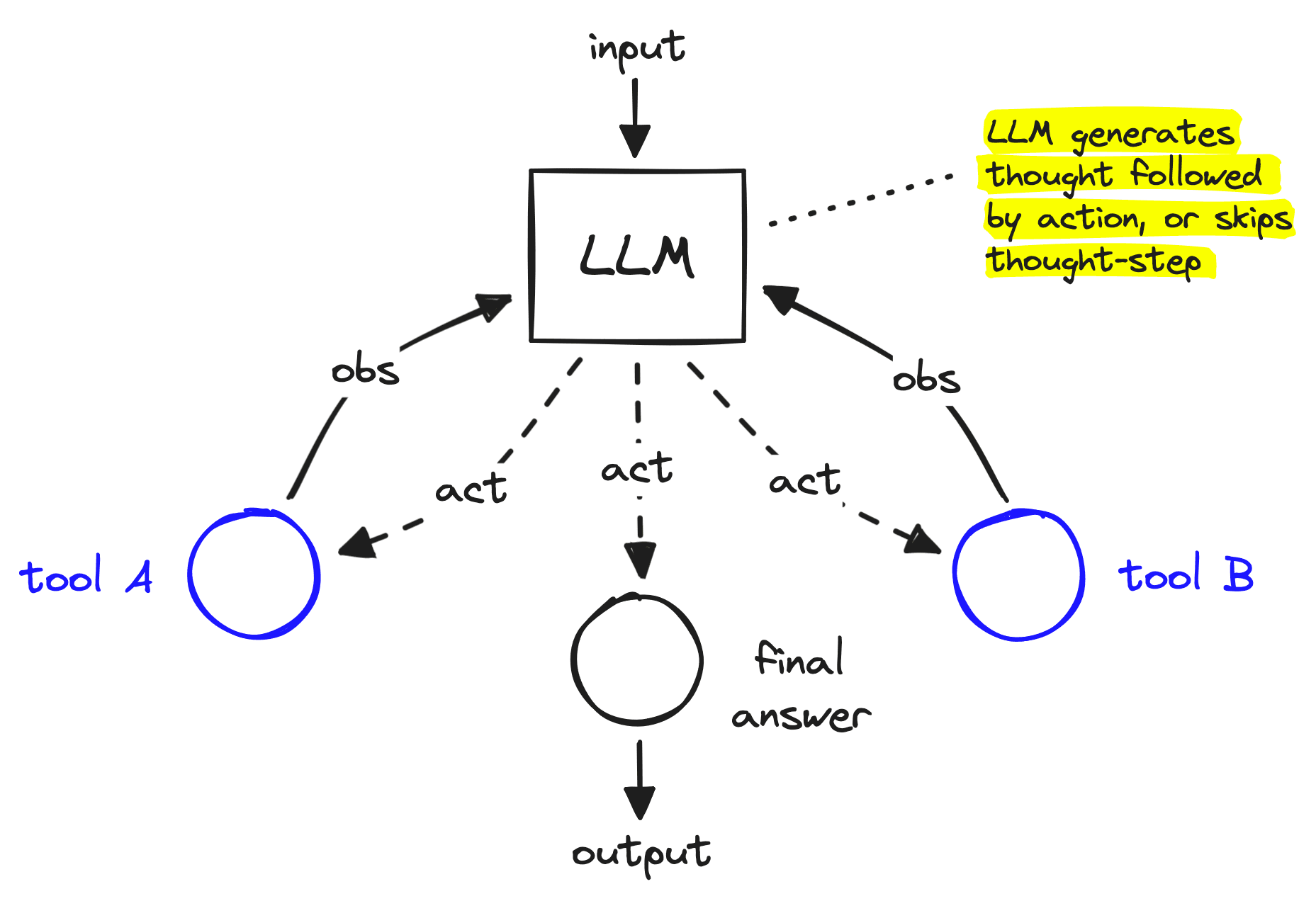

Benefits of AI Agents
- Efficiency: Automate repetitive tasks for higher productivity.
- Accuracy: Reduce human error through data-driven precision.
- Scalability: Handle large volumes of work without performance loss.
- Adaptability: Learning agents evolve with new data.
- Personalization: Tailor experiences to individual users.
Challenges & Ethical Considerations
- Ethics & Bias: Prevent unfair outcomes by auditing training data.
- Security: Protect agents from adversarial attacks and data breaches.
- Transparency: Build explainable agents to foster user trust.
- Regulation: Ensure compliance with evolving AI governance frameworks.
The Future of the Intelligent Agent
The next generation of agent technology will emphasize edge-computing deployment, human-AI collaboration, and sustainable, energy-efficient architectures.
Conclusion
From healthcare to manufacturing, the intelligent agent is redefining automation. Organizations that embrace agent-driven solutions today will lead the innovation curve tomorrow.
